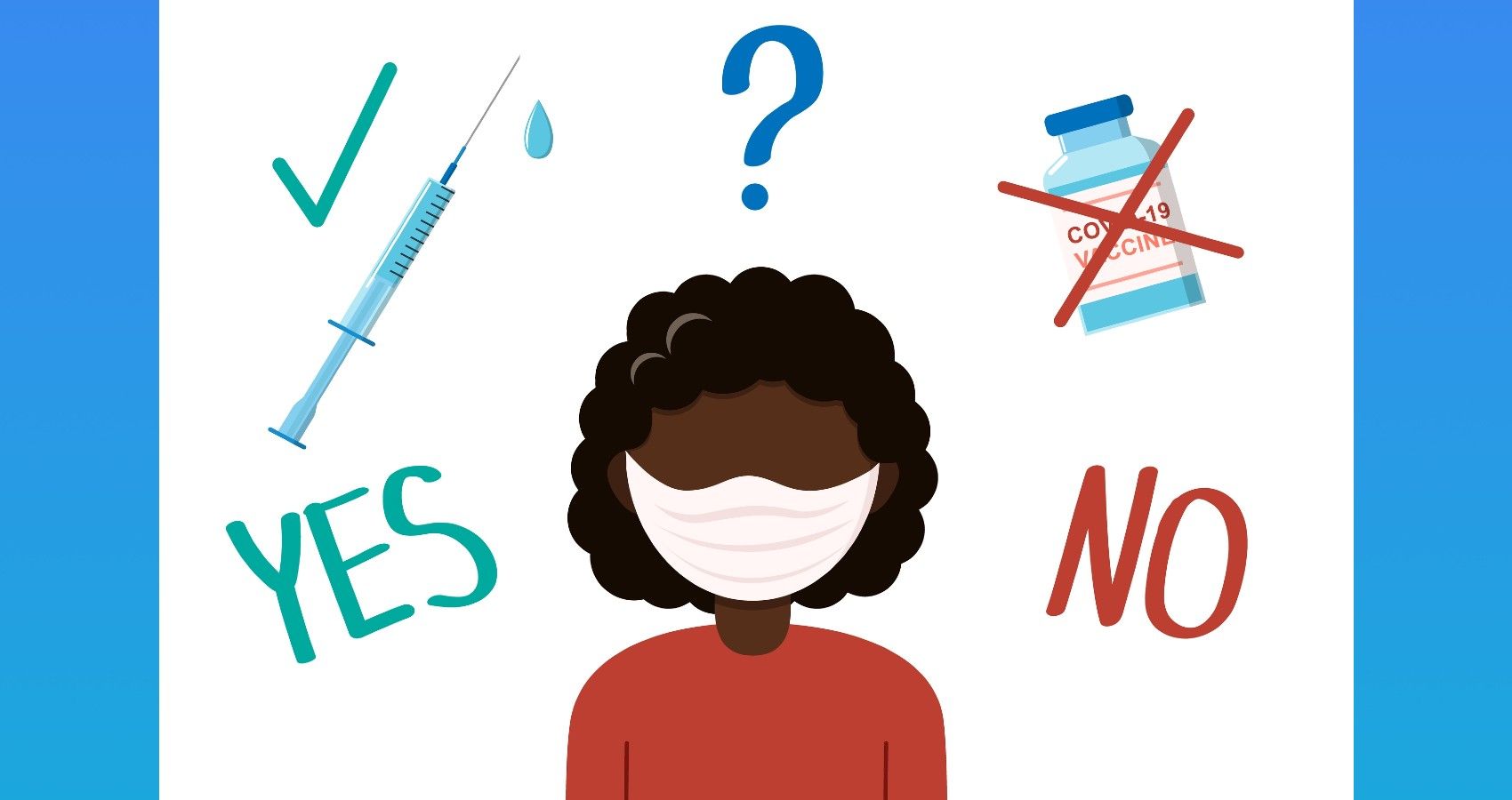It turns out that parents of children with chronic lung conditions have their own concerns when it comes to vaccine safety. COVID-19 has been an event that has shaped the lives of children and families everywhere. Since it is a respiratory illness, parents of children who are considered “high-risk” may have been especially worried about their children contracting the virus. This would stand to reason that when a vaccine became available, they would be relieved to have some protection for their children, but that does not seem to be the case.
According to Medical Xpress, parents of children with chronic lung conditions (like asthma), are concerned with the safety and possible side effects of the COVID-19 vaccine. This was shown through a study that was done by the University of New South Wales, and it can be read in full here.
There are currently vaccines for children aged 12 and up in most countries, with the promise of a vaccine for younger children coming soon. The research team from the Discipline of Pediatrics at UNSW Medicine & Health conducted a survey to find out the vaccine concerns for young children.
They looked at parents and caregivers of children who had chronic lung conditions and found that despite them agreeing and acknowledging the severity of COVID-19 for the community, and for their own children, there was some hesitancy when it came to thinking about vaccinating their children. This was not the majority, but it was enough to be concerned about. They found that 80% of parents said that they will be getting their child vaccinated against the virus, but they wanted to look closer at the 20% who had reservations to try and narrow down where they needed more information.
They found that those who did not want their child vaccinated against the virus stated that safety and side effects of the vaccine were their top concerns and their main reasons for not giving their child the vaccine. There was some evidence that parents’ minds could be changed, because, within that group, 10% said that if their child’s pediatrician recommended the vaccine for their child, then they would get their child vaccinated. This is showing researchers that parents are just looking for education and trusted advice from their medical providers, and it is their role to make sure their patients are informed on the vaccine and that they feel safe in giving this vaccine to their children.
Sources: Medical Xpress, Wiley Online Library

